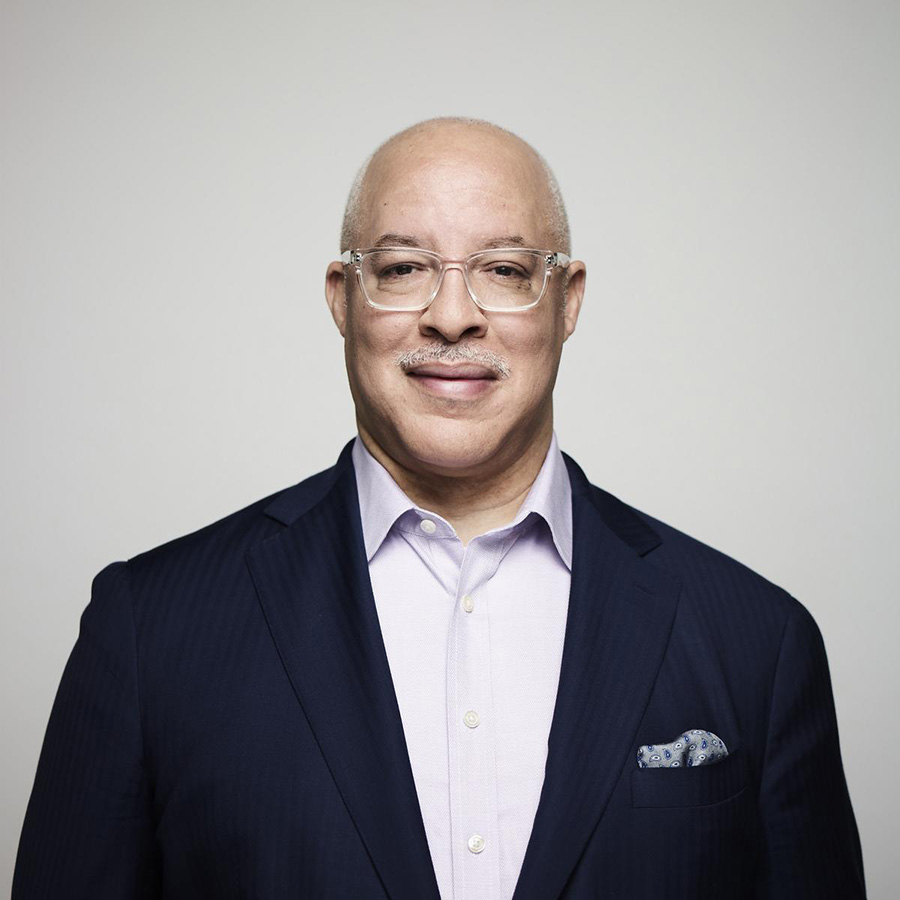Medicare Advantage has become an increasingly popular choice for eligible beneficiaries.
In the past 10 years, the number of Medicare Advantage beneficiaries has more than doubled from 12 million in 2011 to 26 million in 2021, according to Kaiser Family Foundation. By the end of this decade, experts say the majority of Medicare beneficiaries will be on a Medicare Advantage plan. A survey from the Better Medicare Alliance found there was near-universal satisfaction with Medicare Advantage’s coverage (98 percent), provider networks (97 percent), and handling of the current health crisis (98 percent). More than 75 percent of seniors on Medicare Advantage strongly oppose any cuts to the program.
This popularity has some health care leaders betting on Medicare Advantage as a potential avenue to reduce health disparities. A pair of Black physician entrepreneurs—Eric Whitaker, MD, and Kenneth Alleyne, MD—founded Zing Health with this concept in mind.
“As Medicare Advantage has been adopted more broadly, the African American community in particular hasn’t seen those same trends. Of Medicare beneficiaries, only 18 percent of African Americans are choosing Medicare Advantage as an option compared to 35-45 percent of other populations. From my vantage point, African American populations are missing out on a lot of great benefits that Medicare Advantage offers. We’re trying to educate underserved populations about those benefits,” Whitaker says.
Whitaker, who spent four years as the Director of the Illinois Department of Health and has numerous stints in public health systems, says Zing is the culmination of his experiences in working with diverse and underserved populations. In the late 1990s, he helped run the first Black men’s clinic in the country on the South Side of Chicago.
Read more: Less talk, more action: Health care has a long way to go post George Floyd
Health Evolution spoke to Whitaker about leveraging Medicare Advantage to reduce disparities, the company’s recent acquisition of Lasso Healthcare to expand into more rural areas, challenges in raising capital for a company that targets underserved populations, and more.
Regarding the Lasso acquisition, what will this do for Zing?
We’re trying to improve care for underserved populations. What’s exciting about Lasso, their Medicare managed savings product is one they found to be attractive in rural areas. Our current footprint is in Illinois, Michigan, and Indiana. We’re in urban areas by design. This gives us a complimentary group that we can target and bring value to.
Why has the Medicare Advantage program worked out in your eyes? What can it do better?
In the cacophony of craziness that is the world we live in today, there are very few things that both Democrats and Republicans agree on. Medicare Advantage is one of them. This program has bipartisan support. As a former state health commissioner, when you’re in a position like that, it’s helpful to know what your budget is year to year. In the traditional fee-for-service Medicare world, it’s open ended. You have no idea what you’re spending as a policy maker. More demand means more spend. In a capitated world, as long as you know what you are spending per member, per month, you know what you’re spending overall. I appreciate that from a policy perspective.
From a care perspective, with Medicare Advantage compared to traditional Medicare, you have supplemental benefits. This is one of the areas where Medicare Advantage is moving in the right direction. They are beginning to cover the social determinants of health. As a clinician, I often felt the things I was doing in my exam room were a small part of a patient’s health and wellness compared to the things happening in the community. For instance, transportation is an issue. Food security. Violence. There is a whole lot that happens outside the exam room and Medicare Advantage is moving health care in the right direction by being attentive to these other factors that are critically important for health.










